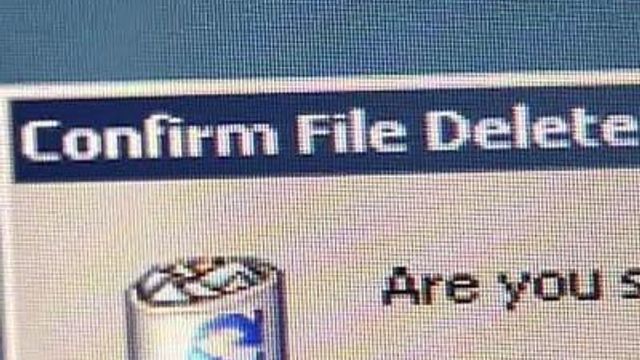Panel Reviews State E-mail Records Policies
A panel appointed by Gov. Mike Easley began reviewing state policies on when and how state agencies should retain e-mail messages.
Posted — UpdatedThe committee, headed by top Easley aide Franklin Freeman, was formed after a controversy in which the spokeswoman for the state Department of Health and Human Services said the Governor's Office had a policy of routinely deleting e-mail correspondence rather than retain them as public records.
The spokeswoman, Debbie Crane, was fired three weeks ago following media reports of troubles in the state mental health system. Easley maintains she was fired for discouraging former DHHS Secretary Carmen Hooker-Odom from cooperating with reporters.
By law, public records must be retained for a specific time. The panel is trying to determine how to set standards for deciding when e-mails should be deemed public records, how long to keep them and whether to retain them electronically or on paper.
"There's no systematic policy of deleting immediately, if you will. Ultimately, yes," Freeman said. "We need to look, I believe, at what we need to save."
With nearly 900,000 e-mails coming into the Governor's Office each day, he said, storing them becomes a serious challenge. State workers often hit "delete" when they no longer see a public use. That's the core of the controversy.
"I am concerned that an employee can decide on his own that this is of no value and discard it, and it may be of value," said committee member Ned Cline, a former managing editor of The News & Record newspaper in Greensboro.
Forty-three states have laws that include at least some forms electronic records under public records laws. Laws in seven states – Arkansas, California, Louisiana, Massachusetts, Michigan, Rhode Island and South Dakota – exempt all electronic communications from their laws.
"Our hope is that the panel doesn't decide to rewrite the public records law, especially one that's working. The problem is a matter of enforcement," said John Bussian, an attorney for the North Carolina Press Association.
The panel, which also is looking at policies on text messages on government-issued Blackberries and other hand-held devices, is expected to deliver its recommendations to Easley in May.
• Credits
Copyright 2024 by Capitol Broadcasting Company. All rights reserved. This material may not be published, broadcast, rewritten or redistributed.






